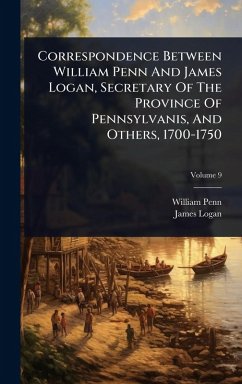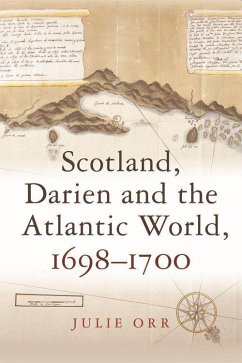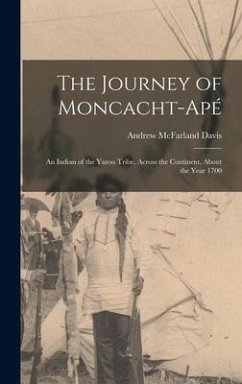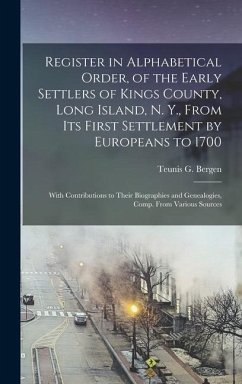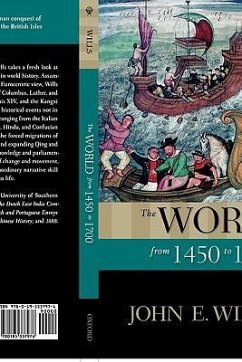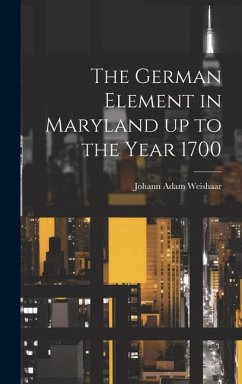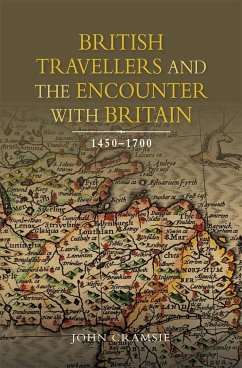
War in the Age of the Enlightenment, 1700-1789

PAYBACK Punkte
51 °P sammeln!
War in the 18th century war was a complex operation, including popular as well as conventional conflict, between Europeans and with non-Europeans. These conflicts influenced European intellectuals and contributed to the complexity of Enlightenment thought. While Enlightenment writers regarded war as the greatest evil confronting mankind, they had little hope that it could be eliminated; thus, peace proposals of the day were joined by more realistic discussion of the means by which war might be limited or rendered more humane. In this book, the author considers the influence of ideas and values...
War in the 18th century war was a complex operation, including popular as well as conventional conflict, between Europeans and with non-Europeans. These conflicts influenced European intellectuals and contributed to the complexity of Enlightenment thought. While Enlightenment writers regarded war as the greatest evil confronting mankind, they had little hope that it could be eliminated; thus, peace proposals of the day were joined by more realistic discussion of the means by which war might be limited or rendered more humane. In this book, the author considers the influence of ideas and values on the actions of Enlightenment military personnel and how the rational spirit of the time influenced military thought, producing a military enlightenment that applied rational analysis to military tactics and to the composition of armies. In the late Enlightenment, military writers explored the psychological foundations of war as a means of stimulating a new military spirit among the troops. The Enlightenment was, however, not the only cultural influence upon war during this century. Religion, the traditional values of the ancien regime, and local values all contributed to the culture of force. When Europeans engaged in military encounters with peoples in other parts of the globe, cultural interchange inevitably occurred as well. Further, there is a revolutionary element that one must consider when defining the military culture. The result of all these factors was a creative tension in 18th century warfare and an extraordinarily complex military culture.






